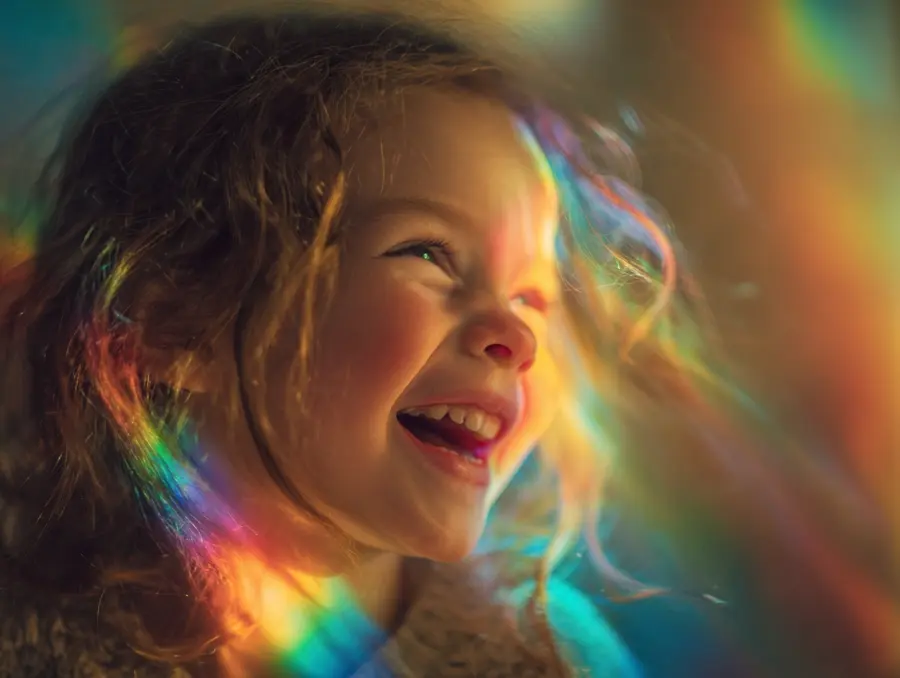Understanding Children Before Expecting Them to Understand Us

The day I learned patience in a photo studio.
A little while ago, we went to take a photo of my child for official documents — one of those that must be serious, with “no smiling allowed.”
The woman taking the photo told my kid, “Don’t smile.”
He nodded, very focused, trying to obey.
But every time the camera came up, his face twitched, his lips curled, his eyes sparkled — and then he burst out laughing.
The woman grew visibly irritated.
“He’s not listening,” she said. “He keeps making silly faces.”
And I remember thinking — he really is trying his best.
He just couldn’t do it. Holding his face still and serious on command was too hard. He wasn’t being naughty or defiant. He simply didn’t yet have the control — or the understanding — that adults take for granted.
That moment stayed with me, because it reminded me how often adults misread children.
We see disobedience where there’s only inexperience.
We see defiance where there’s only development.
And we forget that kids live in a world where so much is still new, mysterious, and overwhelming.
They’re Learning, Not Testing You
Children don’t do things “just to make us mad.” They explore, test, and experiment because that’s how they learn.
A toddler who dumps water on the floor isn’t trying to ruin your clean kitchen — they’re discovering how liquids move.
A preschooler who refuses to share isn’t selfish — they’re learning what “mine” and “yours” mean.
And when a child melts down over a sock seam or a broken crayon, it’s not manipulation — it’s emotion too big for their small nervous system to handle.
They aren’t little adults. They’re humans in progress, still learning how to be in the world.
Behavior Is Communication
Every outburst, every “no,” every tear has meaning behind it.
When a child throws a toy, maybe they’re overwhelmed.
When they shout, maybe they’re scared.
When they ignore us, maybe they’re focused on something that, to them, feels just as important.
The behavior might not be what we want, but it always tells us something.
If we pause and ask, “What are they trying to say?”, we begin to parent with empathy instead of frustration.
They Need Guidance, Not Guilt
Children don’t need perfect parents — they need understanding ones.
They need adults who remember how hard it is to be small in a big world.
When we respond with patience, we show them what calm looks like.
When we name feelings (“You’re frustrated because it’s hard to wait”), we give them tools to express themselves.
And when we forgive their mistakes, we teach them that love isn’t conditional — it’s safe, steady, and constant.
A Gentle Reminder
The next time your child does something that makes no sense, take a breath before reacting.
Ask yourself:
- Is this misbehavior — or just inexperience?
- Are they giving me a hard time — or having one?
That small pause changes everything.
Because when we choose to understand instead of judge, we don’t just calm the moment — we build trust, connection, and a lifelong sense of safety.
From Parenting to Play
That moment in the photo studio reminded me why I build the kind of apps I do.
When I design for children, I try to see the world through their eyes — full of wonder, curiosity, and emotion they can’t always explain.
My goal isn’t to make them “do it right,” but to give them space to explore, try, fail, and giggle their way through learning — the same way we do in life.
Because when we give kids understanding instead of judgment, patience instead of pressure, and play instead of perfection — they flourish.
And really, isn’t that what growing up (and parenting) is all about? 🎈